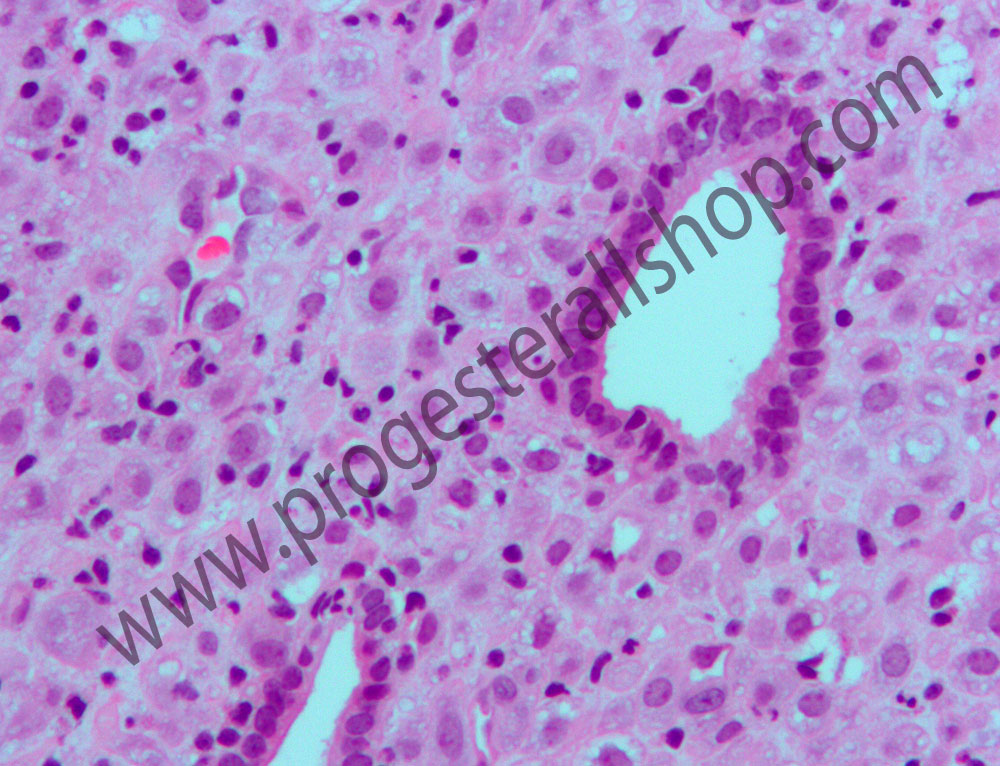
What are the symptoms of low progesterone?
Symptoms of low progesterone for women who aren’t pregnant include:
-
- headaches or migraines.
- mood changes, including anxiety or depression.
- low libido.
- hot flashes.
- irregular menstrual cycle.
- weight gain.
- fibroids, endometriosis.
- thyroid dysfunction.
How do you treat low progesterone naturally?
Natural remedies to boost low progesterone levels include:
- Eating more foods with zinc such as shellfish.
- Upping your intake of vitamins B and C, which help maintain progesterone levels.
- Regulating stress levels (cortisol is released when you’re very stressed, reducing progesterone levels)
When should I start taking progesterone?
Progesterone use should begin directly after ovulation, which is usually day 14 in the cycle (day 1 is the start of your period), and end usage once menstruation begins. The best way to know exactly when to begin progesterone cream is to track ovulation with fertility charting.
Do I need to fast for progesterone blood test?
No fasting required. … This blood test does not require fasting and results are available in one to two days. Insurance and a doctor’s order are not required when ordering this test. Progesterone is a female hormone produced by the ovaries during ovulation.


